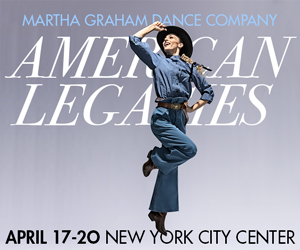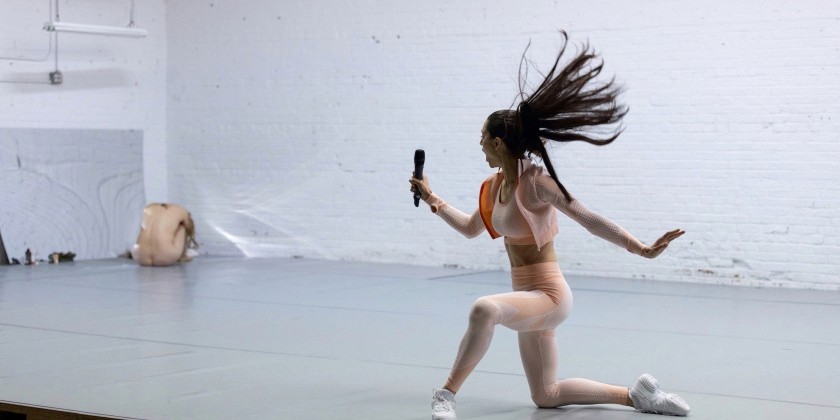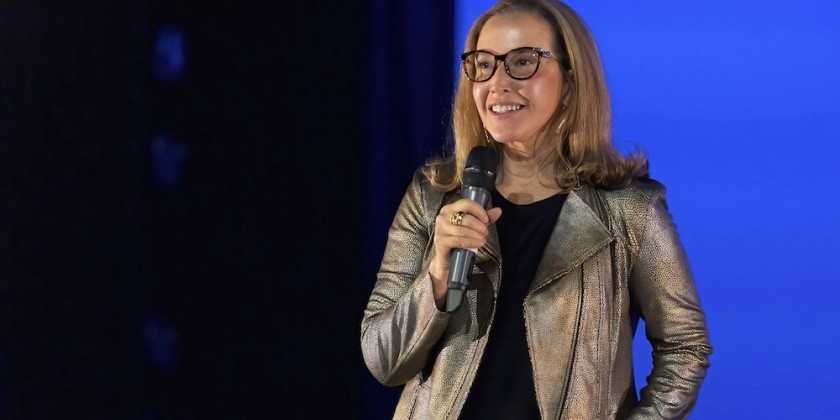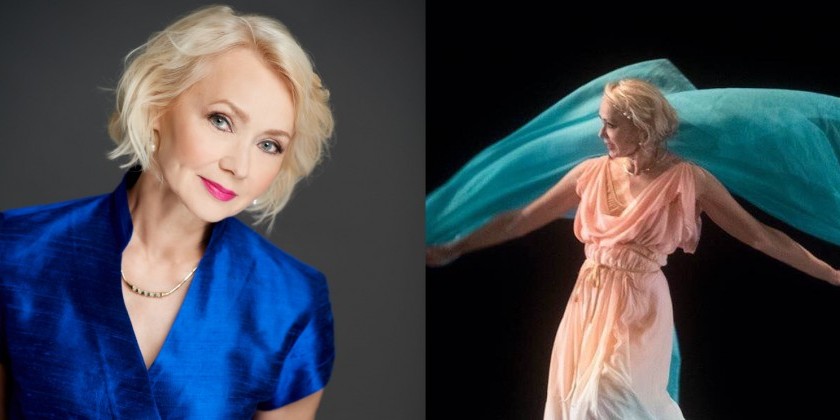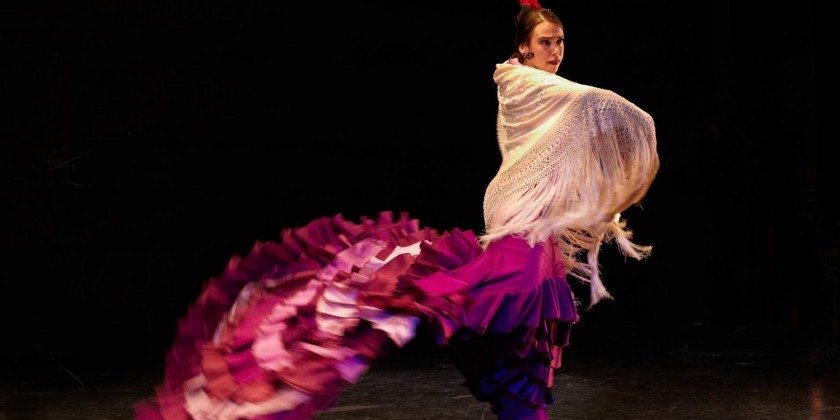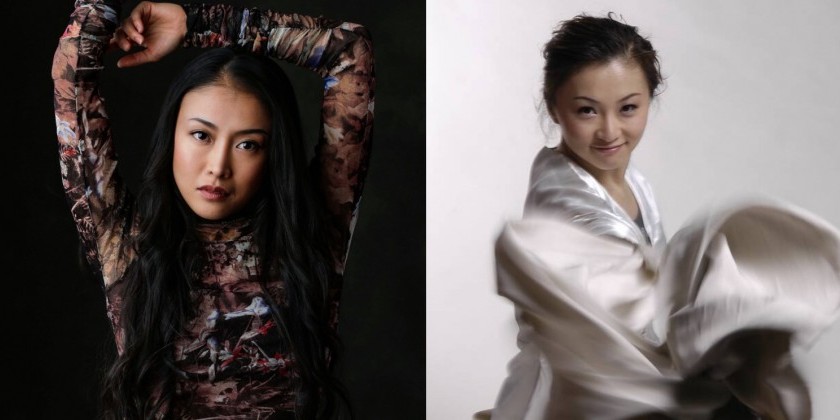The Dance Enthusiast Asks Marissa Perel and Mor Shani about Gender Identities
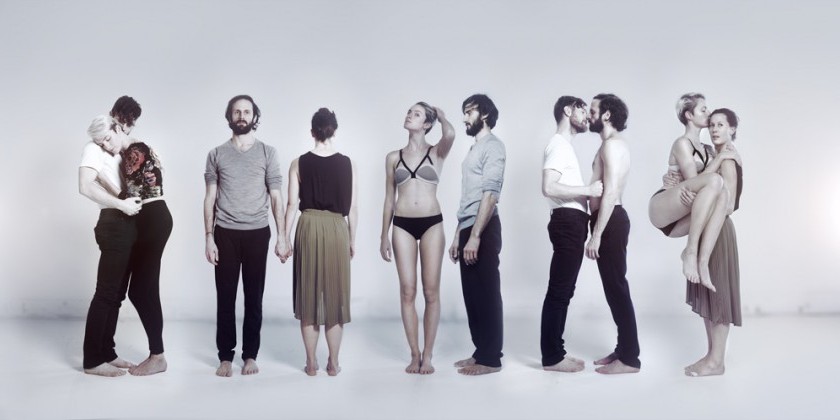
In Conjunction with 2014 Queer New York International Arts Festival
Performance Dates:
Mor Shani
Love-ism | The Problem of Our Being Together (performance) and Love-ism | Things That Matter (film)
September 25 @ 9PM
The Abrons Arts Center, New York
Marissa Perel
More Than Just A Piece Of Sky
September 17-20 @ 8PM
The Chocolate Factory
Full Listing for 2014 Queer New York International Festival: www.queerny.org
Purchase tickets: www.abronsartscenter.org
For the third year running, Queer New York International Arts Festival (QNYIA) (September 17-28) presents a colorful curation of artists, many of whom are presenting their work in New York City for the first time.
New York-based artist and writer Marissa Perel and Netherlands-based choreographer Mor Shani are two outstanding artists to look out for at QNYIA.
Marissa Perel specializes in performance, installation, criticism, and curation. Her passion for performance and literature were honed at The School of the Art Institute of Chicago and The Jack Kerouac School of Disembodied Poetics at Naropa University, Boulder, Colorado. Soon to be presented at QNYIA, More Than Just a Piece of Sky is a joint effort by Perel with dancers Lindsay Reuter and Jumatatu Poe. The multidisciplinary performance raises the topic of personal and cultural exile to explore gender and sexuality, knowledge and power, as well as ability and disability.
Previously a dancer with Bat Dor dance company in Tel Aviv, Mor Shani is an alumni of ArtEZ dance academy in Arnhem and presently an Artist-in-Residence at the International Choreographic Arts Centre at ICKamsterdam. Shani’s contribution to QNYIA is Love-ism, a long-term project inspired by Erich Fromm’s international bestseller The Art of Loving. Love-ism revolves around intimacy, the perception and liquidity of the agreed upon, the sublime, and the condemned.
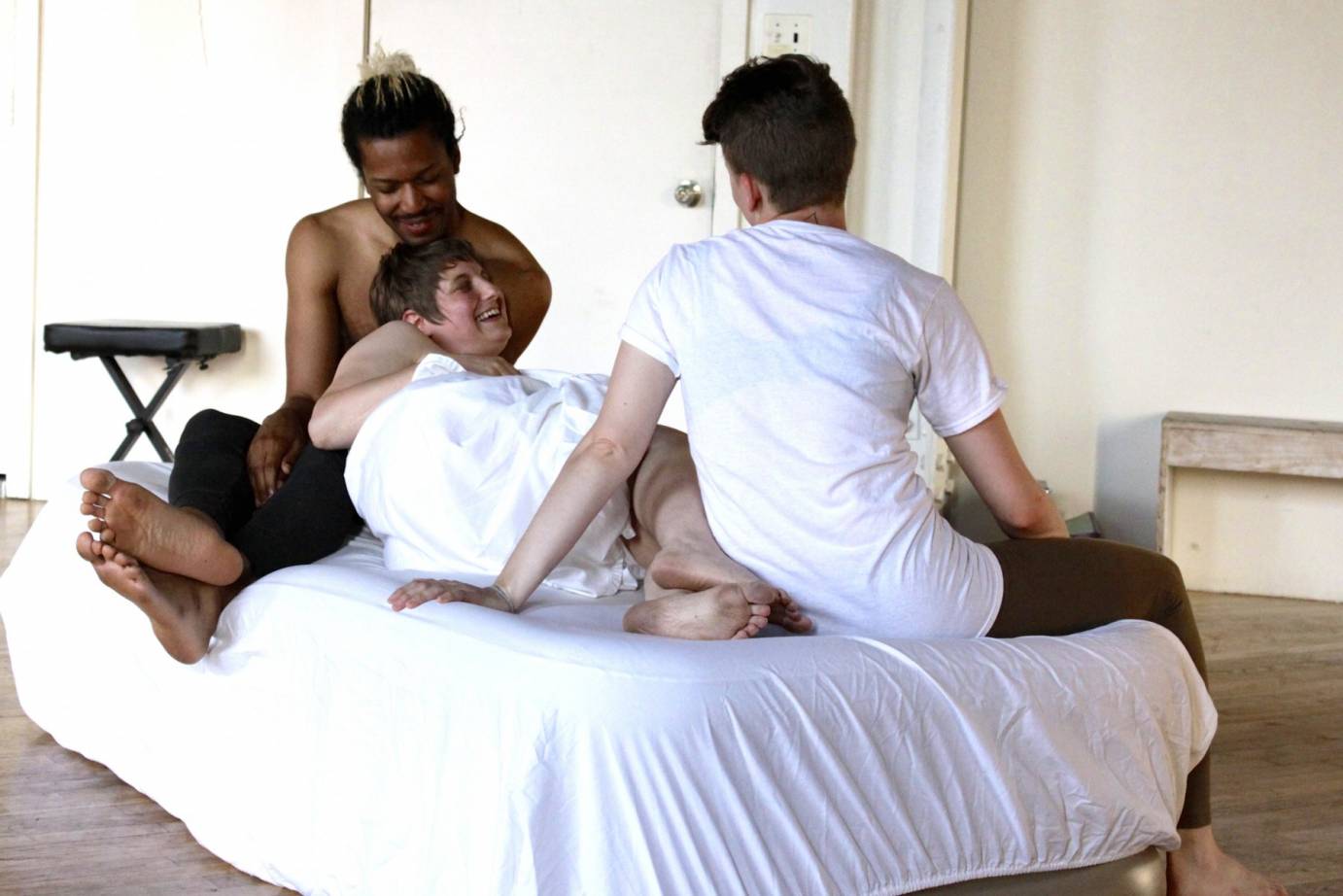
Sammi Lim for The Dance Enthusiast: Hey, Marissa! How’s it going? What brought you and your fellow dancers together for Queer New York International Arts Festival?
Marissa Perel: In Spring 2013, I was teaching a workshop series called "Touching into Text" for a small independent dance education organization called classclassclass. Lindsay came to one of the workshops. While dancing together for a few hours, it became apparent to me that she was dancing from a very clear and unique relationship to gender variance in her own body. I think I asked her to dance in this piece that day.
I met Jumatatu in Fall 2013 while in Philadelphia as a Curatorial Fellow at the Aux Performance Space attached to Vox Populi gallery. I kept seeing him at the performances I organized, and finally introduced myself. We met for tea and talked about gender and dance for the better part of a day. I was struck by his story, the way he articulated his own relationship to queerness, and how he used his own language for things.
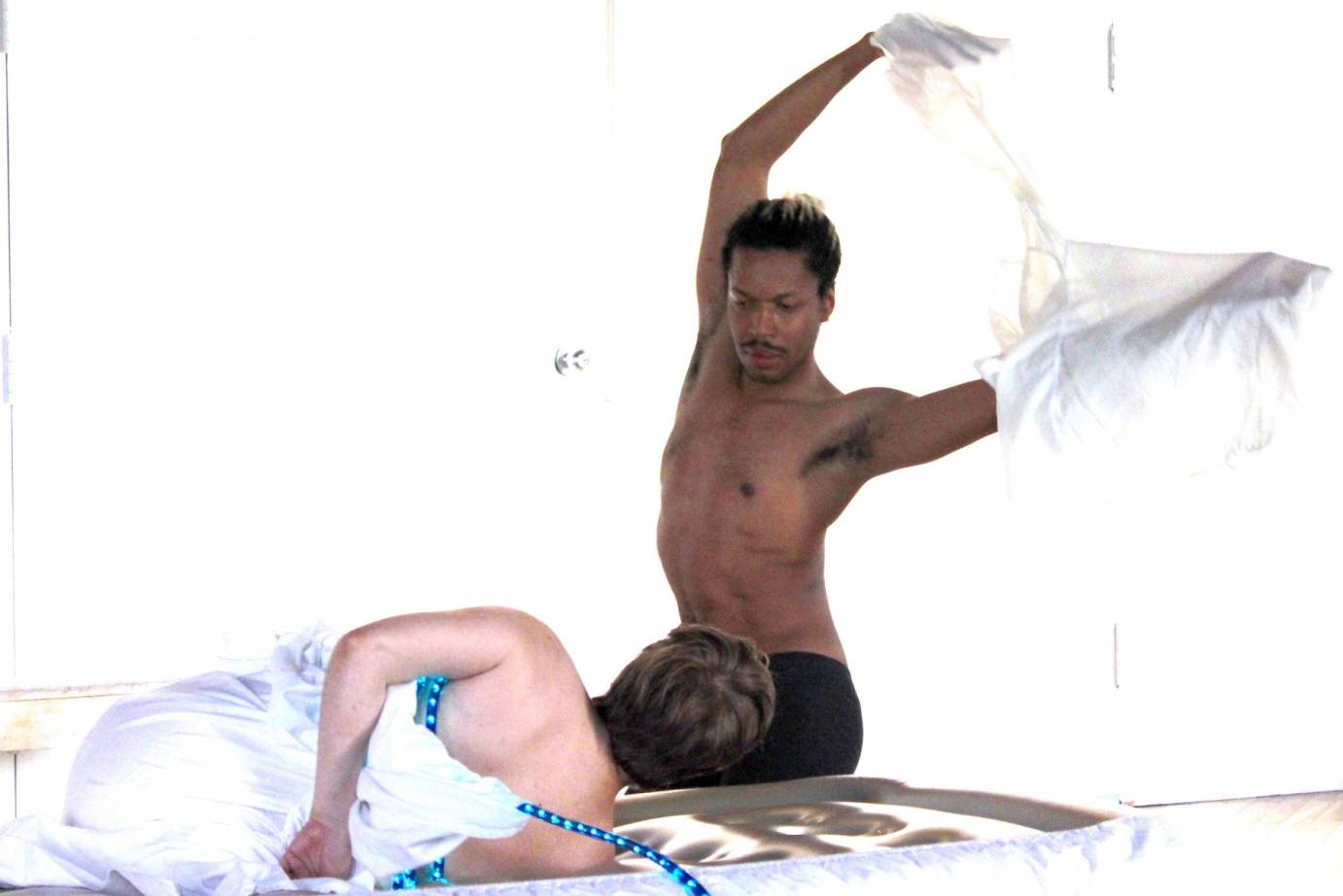
TDE: What does the poetic title of your upcoming performance – More Than Just a Piece of Sky – allude to?
MP: More Than Just a Piece of Sky is adapted from the song "A Piece of Sky," which is on the soundtrack of the musical motion picture Yentl. The song comes on at the very end of the movie when Yentl, played by Barbra Streisand, sets sail on a ship bound for "the new world."
TDE: How is your new dance inspired by Isaac Bashevis Singer’s story Yentl?
MP: As a kid, I was a tomboy, and my family lived in the woods. I remember watching Yentl, being mesmerized by the character's passing. I kind of think of ‘passing’ as a motif through the movie, how Yentl moved through landscapes, ran through the woods, passed between her inner world and the outer world, and between different gender identities. In my version, Yentl is seeking to pass through the gendered world and find a different way of being altogether.
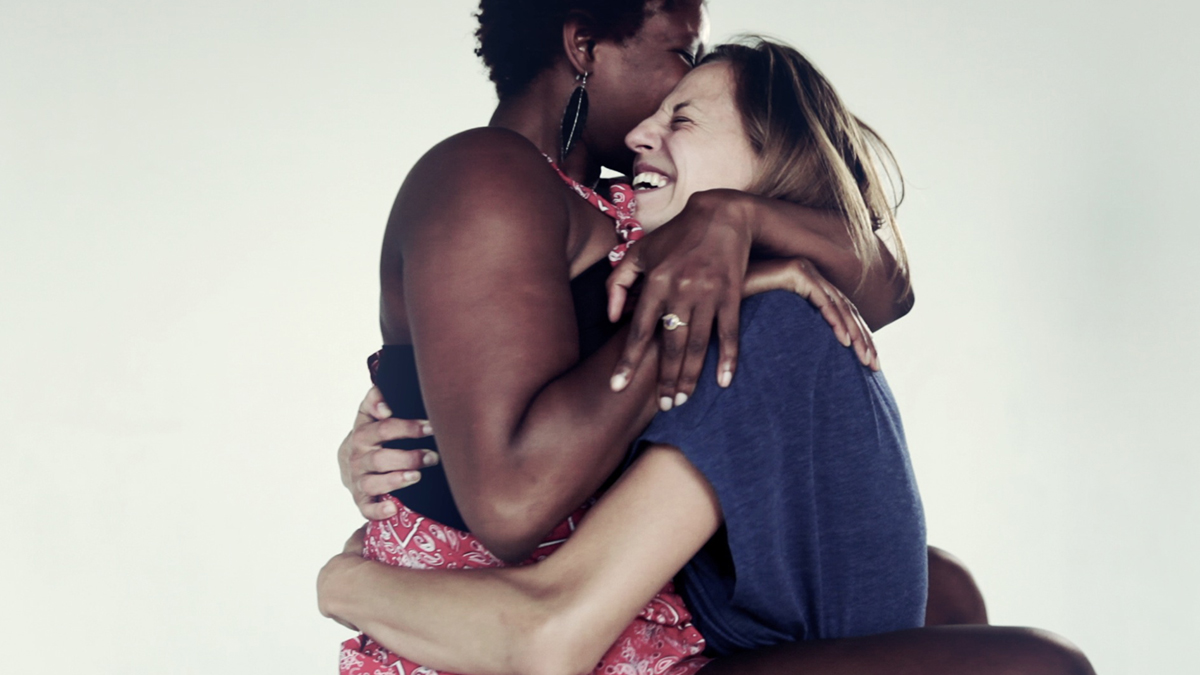
The Dance Enthusiast: Shalom, Mor! How’s it going? Love-ism was born out of a common suffering experienced by artists - seclusion. You pulled yourself out from working in a reclusive studio environment to creating a project that inspires a better look at relationships. What drew you out of your shell?
Mor Shani: Coming to Holland to study in a dance academy, I was shocked by the sterile space I was offered in order to develop my craft and artistry. However, I took advantage of the offer and learned the value of the laboratory and research.
Due to dramatic political changes in Europe, the dance field in Holland lost most of its budget. Artists were accused of not being relevant. To some extent, I understood the claims, and realized that in order to survive, the field of contemporary dance had to change its approach towards audiences. I created Love-ism, hoping to contribute a bit to change - change in the way we relate to our work, our audiences, and our function in society.
TDE: When did you begin to peruse The Art of Loving by Erich Fromm?
MS: The Art of Loving had been in my room since I was born – my parents got it as a present for my birth. For many years, no one opened it. On the other hand, I frequently flipped through the erotic poetry book that stood next to it.
Years later, in my 20s after coming out of the closet, I was naturally fascinated with my own sexual identity and the differences between gay and straight ways of approaching intimacy.
When I noticed the book during a visit to my parents place in Israel, I smiled at the thought that it had always been there – it was as if its presence in my room all those years had been enough for its ideas to defuse in my mind.
I decided to do something about the book the day I caught myself looking in the mirror after a shower, wondering if straight men experienced the same kind of pleasure I felt looking at my own naked body. This basic difference in the way one sees himself poses an endless territory of questions.
TDE: What message do you hope Love-ism will transmit to the audiences of Queer New York International Festival?
MS: As a radical romantic, I guess I don’t deliver any original message – Explore love, it’s worthwhile.





